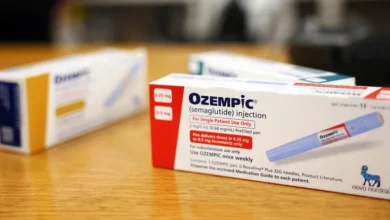The annual report by the Center for the Protection and Support of the Pharmaceutical Industry expressed its concern with what it described as the intentionally chaotic nature of the Egyptian pharmaceutical industry.
The report highlighted the inability of citizens to acquire affordable medicine due to the practices of the health care system in Egypt and warned that this lack of access to necessary and effective treatment threatens the health of the Egyptian people.
The report referenced a warning issued by the Lancet, the world’s leading medical journal, which cited several abuses taking place in the Egyptian health care system as a result of the lack of observation and enforcement over the industry.
The policy adopted by the Egyptian Ministry of Health has subjected the industry to those with personal stakes and interests in the system, said the periodical, adding that the absence of a long-term strategy to protect the industry has played a pivotal role in the health care industry’s decline.
"In the past few months, the US Food and Drug Administration and the European Medicines Agency have issued consecutive warnings on the negative effects of several drugs found in countries around the world, including Egypt" said the report, adding that these warnings are based on studies and research of the drugs and their connections to other diseases patients may be infected with, which may exacerbate the infection.
The report listed several medicines that can lead to health complications, specifically for those infected with diabetes. The diabetes treatment Insulin Glargine was found to have a link to cancer after a study was conducted on 330,000 Scottish, Spanish and German citizens. A second diabetes drug, Roziglitazone, which carries the market name Avandia, was found to increase the rate of blood clots in the heart, while Pioglitazone, commercially known as Actos, may lead to liver diseases.
Translated from the Arabic Edition.



